Last updated: January 20, 2021
Article
Who Said This: Inaugural Speech Edition
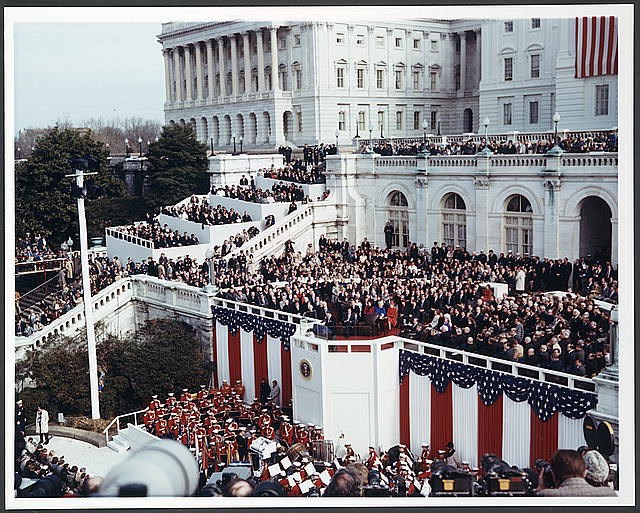
Architect of the Capitol/ Library of Congress
Presidents give an address to the nation during their inauguration ceremony.
On this page, play a game of quotes. Guess which president delivered the following quotes from famous inaugural speeches. There will be three hints for each quote. See how well you do!
Question 1: Fear
Who said this?
“This great Nation will endure as it has endured, will revive and will prosper. So, first of all, let me assert my firm belief that the only thing we have to fear is fear itself.”
This was said by a president who was elected during the Great Depression and led the country through the Second World War.
This was said by a president who felt the most important thing he could do for the country at the time was restore American confidence.
This was said by a president who served an unprecedented four presidential terms.
Answer: President Franklin Delano Roosevelt said this during his first inaugural speech on March 4th, 1933. Delivered amidst the stifling Great Depression, this speech didn’t sugar coat the country’s situation. Banks were failing, the unemployment rate was at a dismal 25%, and an intense fear of the future ruled American life. Roosevelt promised in his inaugural speech to take immediate action, regulate banks, and exercise his Executive powers to handle the economic emergency. True to his word, Roosevelt shepherded fifteen pieces of legislation through Congress in his first 100 days – reinstating some of the faith American’s had lost in their government.
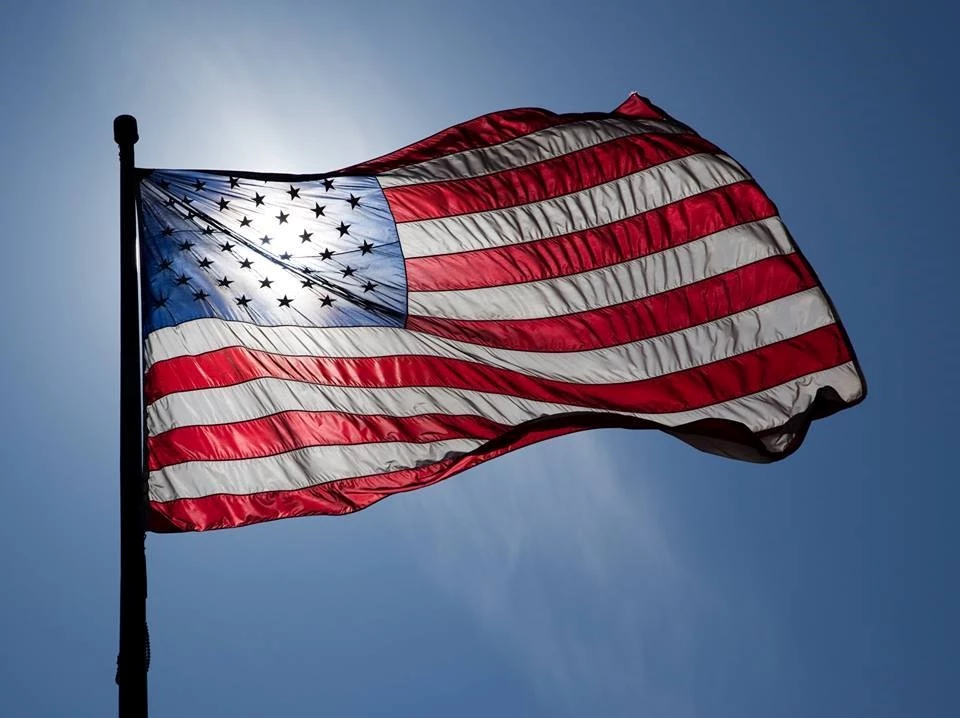
Left image
Credit: NPS Photo
Right image
Credit: Library of Congress
Question 2: Support
Who said this?
“Gentlemen, I shall lean upon you; I feel I shall need your support. I am deeply impressed with the solemnity of the occasion and the responsibilities of the duties of the office I am assuming.”
This was said by a president whose inauguration was marked by sadness and tragedy.This was said by a president who survived an assassination plot (but his predecessor did not).This was said by a president who was an unlikely president, having risen out of poverty and achieved more than anyone thought a tailor’s apprentice could.Answer: President Andrew Johnson said this after being sworn into office 3 hours and 38 minutes after his predecessor, President Abraham Lincoln, passed away. Surrounded by several Cabinet members and a delegation of senators, Johnson was administered his oath by Chief Justice Salmon Chase on April 15th, 1865.
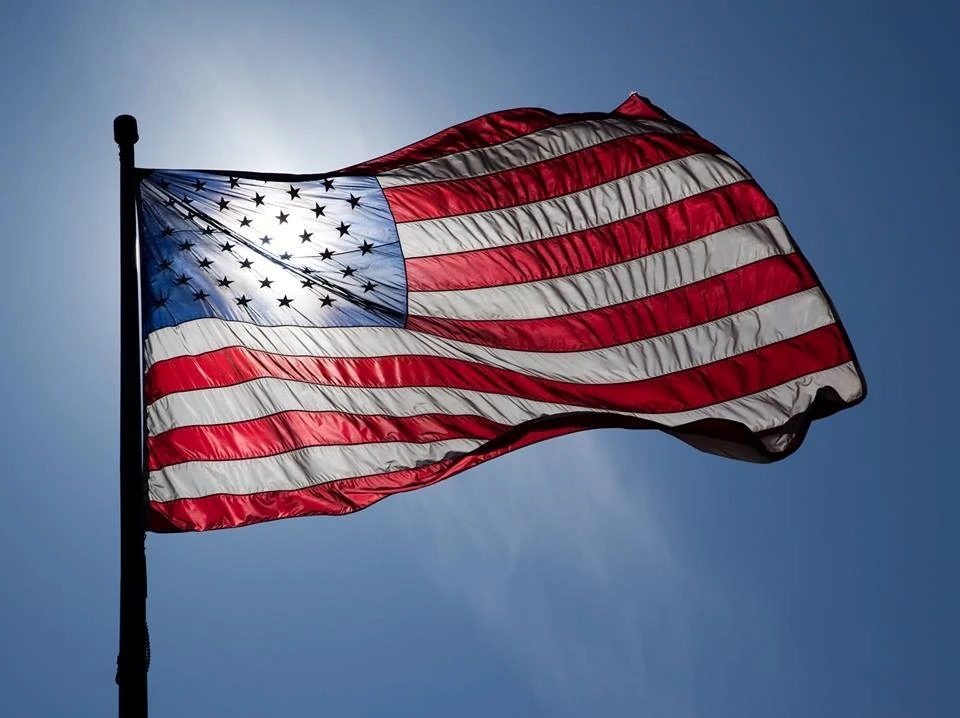
Left image
Credit: NPS Photo
Right image
Credit: Library of Congress
Question 3: Education
Who said this?
“It is the high privilege and sacred duty of those now living to educate their successors and fit them, by intelligence and virtue, for the inheritance which awaits them.”
This was said by a president who loved being a student and was once a full-time teacher.This was said by a president who truly valued education and even proposed the bill that created the federal Department of Education.This was said by a president who loved to read and had books in every room of his house.Answer: President James A. Garfield said this in his inaugural speech on March 4th, 1881. He believed that education was for everyone, regardless of race or class, and that educating the masses and specifically cracking down on the nation’s illiteracy rate would empower America. Unfortunately, Garfield was assassinated before getting to enact his educational agenda to the fullest.
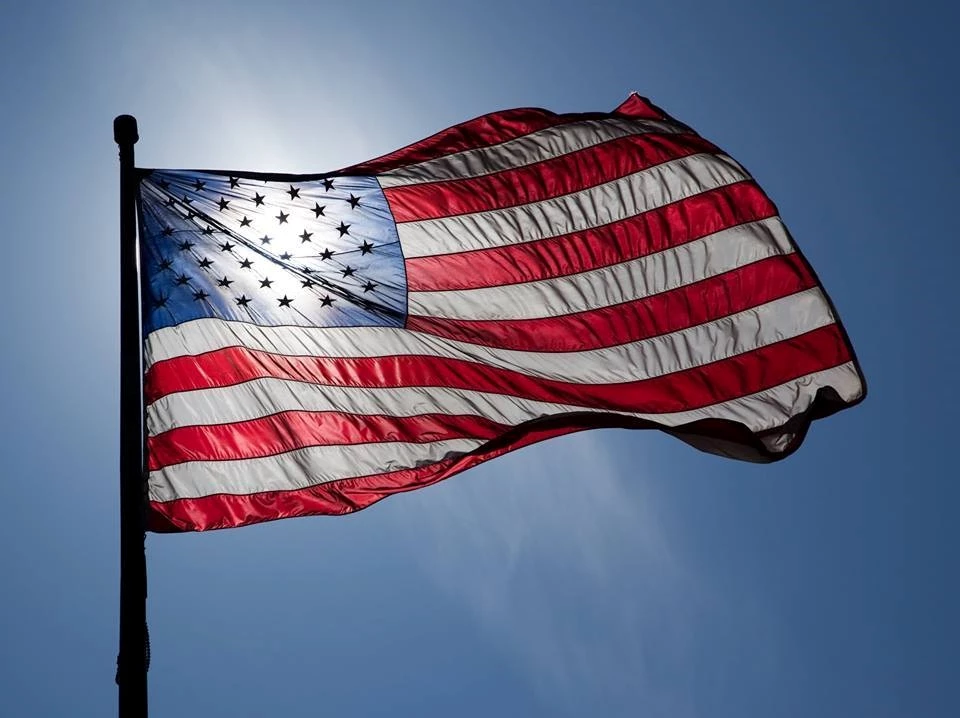
Left image
Credit: NPS Photo
Right image
Credit: Library of Congress
Question 4: Union
Who said this?
“We must not be enemies. Though passion may have strained it must not break our bonds of affection. The mystic chords of memory, stretching from every battlefield and patriot grave to every living heart and hearthstone all over this broad land, will yet swell the chorus of the Union, when again touched, as surely they will be, by the better angels of our nature."
This was said by a president who was elected with less than 50% of the vote and was said to be one of the most unpopular presidents.This was said by a president who won reelection despite 11 states refusing to cast votes.This was said by a president whose second election set the precedent for absentee voting.Answer: President Abraham Lincoln said this at his first inauguration in March, 1861. By this time, seven states from the Deep South had succeeded from the United States and Lincoln used his speech to plea that the country not be torn apart by war. Lincoln passed the 13th Amendment which abolished slavery a month before being reelected in 1864. Although thoroughly unpopular during his lifetime, President Abraham Lincoln is remembered for his dedication to a free and united America.
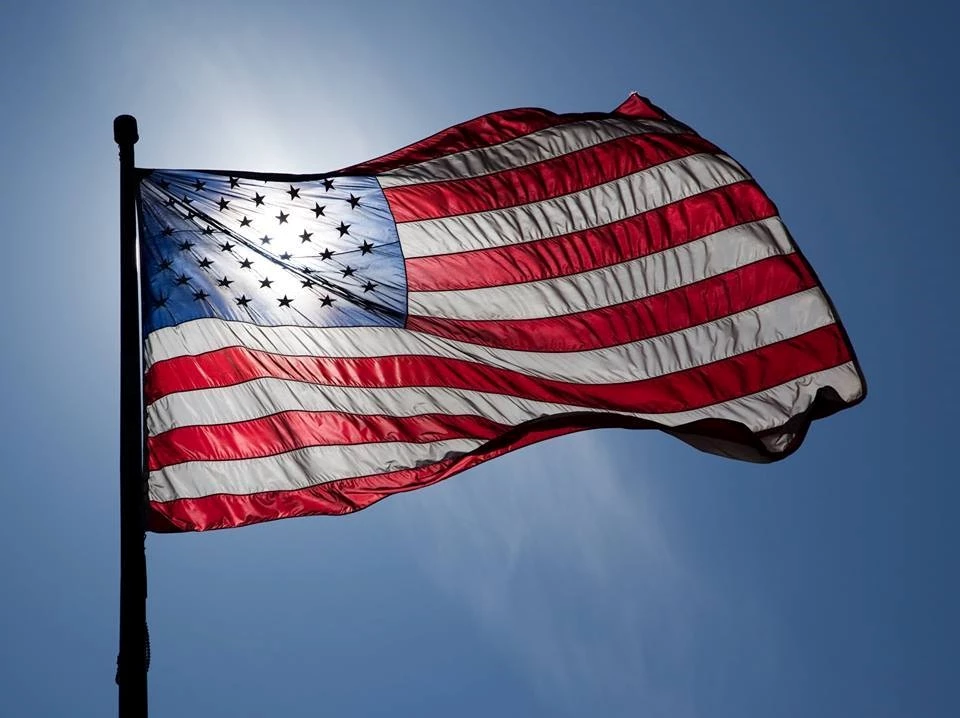
Left image
Credit: NPS Photo
Right image
Credit: Library of Congress
Question 5: Sacrifice
Who said this?
“We must be willing, individually and as a nation, to accept whatever sacrifices may be required of us. A people that values its privileges above its principles soon loses both. Patriotism means equipped forces and a prepared citizenry. Moral stamina means more energy and more productivity, on the farm and in the factory. Love of liberty means the guarding of every resource that makes freedom possible — from the sanctity of our families and the wealth of our soil to the genius of our scientists.”
This was said by a president who is best known for being a strategic general and war hero.This was said by a president who was a basketball player, football player, and cheerleader at West Point.This was said by a president who created the Interstate Highway System.Answer: President Dwight D. Eisenhower said this at his first inauguration on January 20th, 1953. He also said, “We reject any insinuation that one race or another... is in any sense inferior or expendable.” He put this idea into action by implementing the integration of the military, signing the Civil Rights Act of 1957, and sending federal troops to enforce the court-ordered integration of Little Rock Central High School.
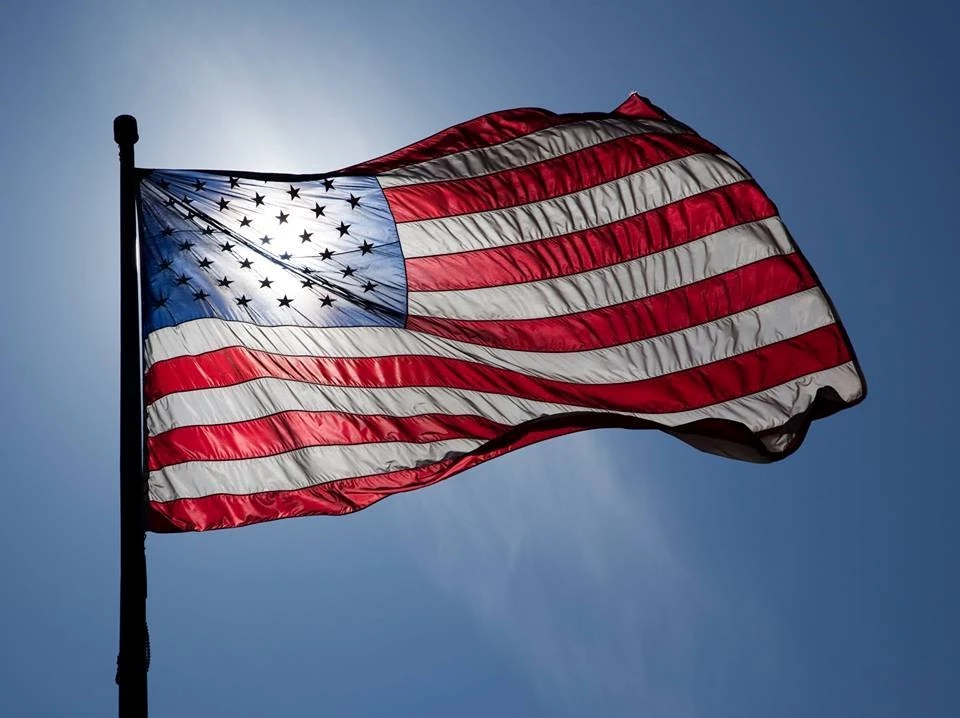
Left image
Credit: NPS Photo
Right image
Credit: Library of Congress
Question 6: Unity
Who said this?
"Every difference of opinion is not a difference of principle. We have called by different names, brethren of the same principles. We are all Republicans. We are all Federalists.”
This was said by a president who kept his inauguration simple – walking the few blocks there and then walking back to his boarding house after the ceremony.This was said by a president whose inauguration was the first to be held at the Capitol in Washington, DC.This was said by a president whose vice president killed Alexander Hamilton.Answer: President Thomas Jefferson said this at his first inauguration in 1801. Jefferson wrote the Declaration of Independence and served as the Secretary of State in George Washington’s Cabinet.
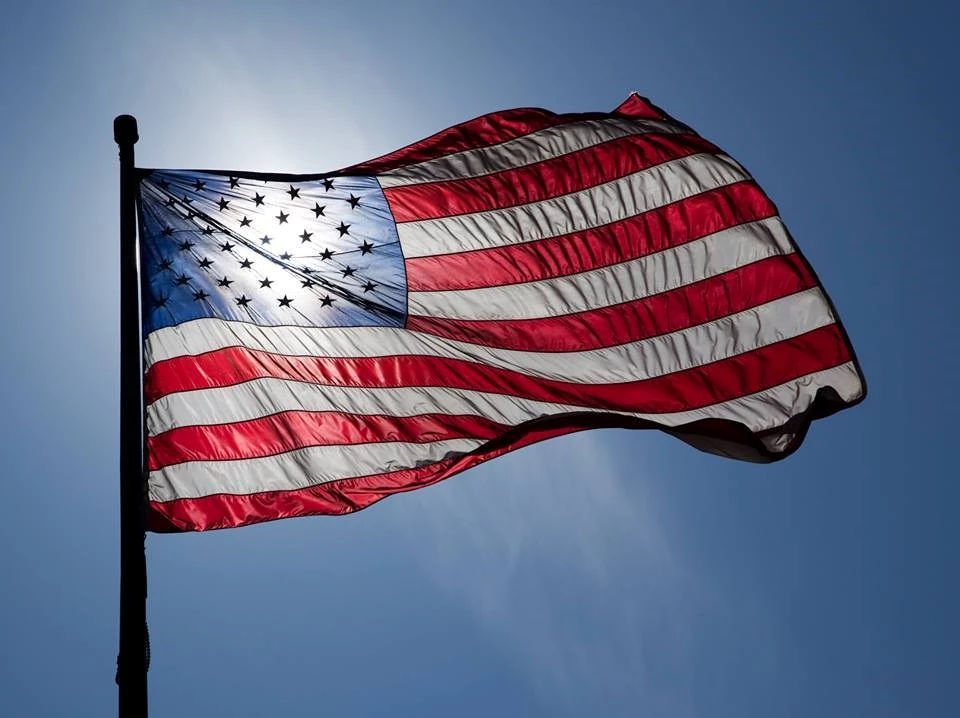
Left image
Credit: NPS Photo
Right image
Credit: Library of Congress
Question 7: Treatment of Native Americans
Who said this?
“The proper treatment of the original occupants of this land, the Indians, one deserving of careful study. I will favor any course toward them which tends to their civilization and ultimate citizenship.”
This was said by a president whose predecessor refused to attend his successor's inauguration due to differing opinions on the 14th and 15th Constitutional Amendments.This was said by a president whose nickname was “United States."This was said by a president who signed legislation establishing Yellowstone and the nation’s first national park.Answer: President Ulysses S. Grant said this at his first inauguration on March 4th, 1869. In his inaugural speech, Grant called for voting rights for African American men, better relations with Native Americans, the payment of all debts incurred from the Civil War, and an end to sectional hostility. Reconstruction was a major priority during Grant’s presidency.
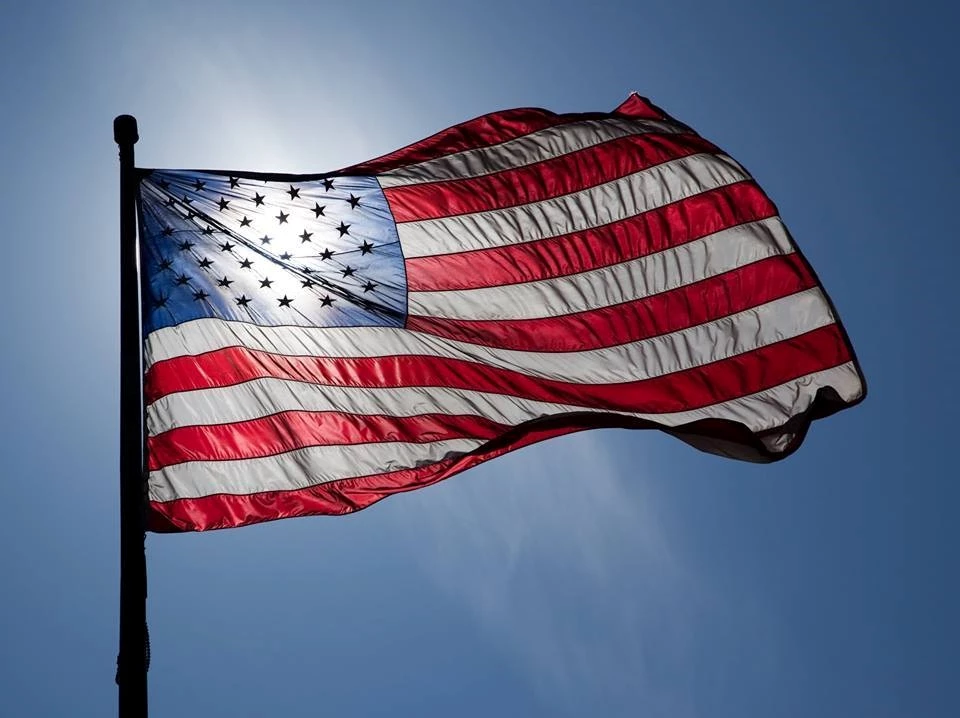
Left image
Credit: NPS Photo
Right image
Credit: Library of Congress
Question 8: Liberty
Who said this?
“Let every nation know, whether it wishes us well or ill, that we shall pay any price, bear any burden, meet any hardship, support any friend, oppose any foe to assure the survival and the success of Liberty. This much we pledge and more.”
This was said by a president who won by less than a quarter of one percent of the popular vote.This was said by a president whose inaugural address was the 4th shortest.This was said by a president who was the youngest and first Catholic president.Answer: President John Fitzgerald Kennedy said this at his inauguration on January 20th, 1961. Despite the closely contested election against Nixon, Kennedy was one of the most beloved US presidents. A graduate of Harvard University, Lieutenant of the U.S. Navy, and Pulitzer Prize winner, Kennedy fostered a new American idealism, launched a space initiative, and established the service-oriented Peace Corps.
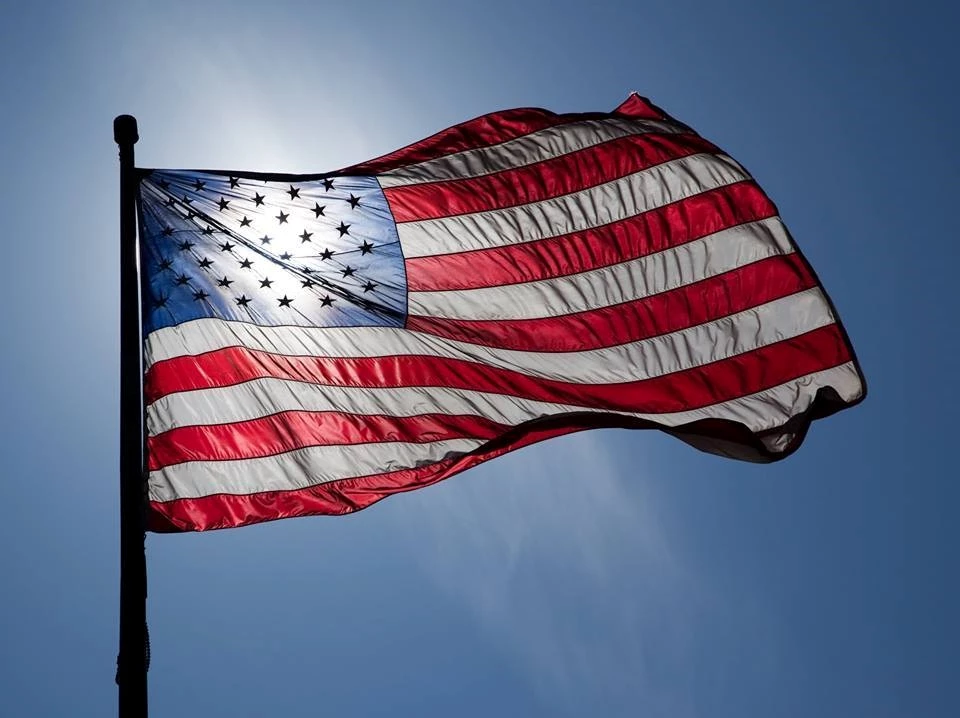
Left image
Credit: NPS Photo
Right image
Credit: Library of Congress
